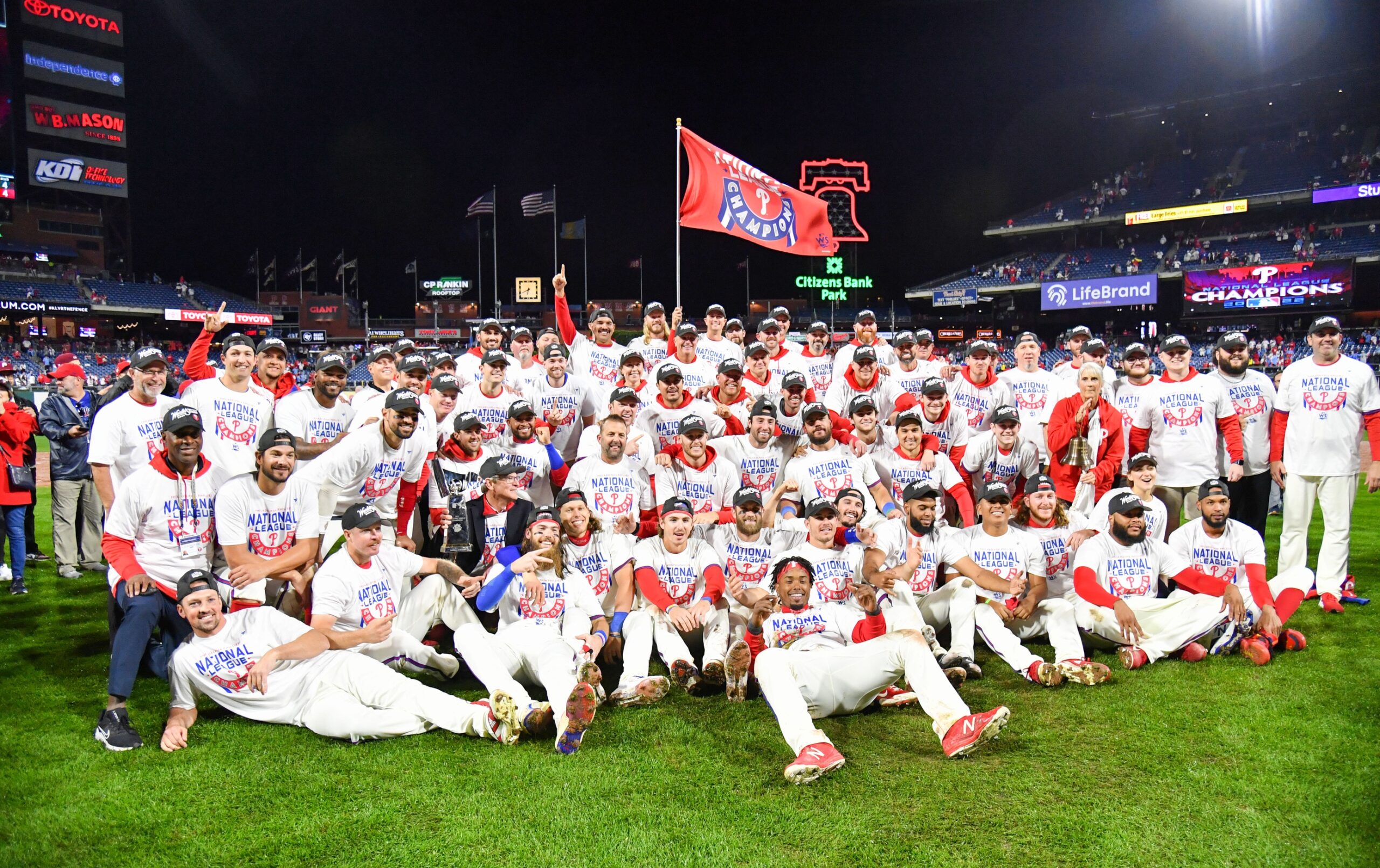© 2026 ALLCITY Network Inc.
All rights reserved.

The matchup for the 2022 World Series is set.
And it’s not exactly what anyone had anticipated when the postseason began.
The Houston Astros will represent the American League the fourth time in the last six seasons after summarily dominating the New York Yankees in four games. From the National League, the Philadelphia Phillies have reached the Fall Classic for the first time since 2009 after putting away the San Diego Padres.

Following a new collective bargaining agreement between players and owners this last offseason, the playoffs operated quite differently than years prior.
Instead of two Wild Card teams in each league playing against one another in a single game before entering the Division Series, three Wild Card teams earned entry into the best-of-three Wild Card Series.
It played out quite differently in each league.
The AL Championship Series featured teams with the two best records, both with 99 wins or more.
In the NL, however, it was two teams who earned entry as the final two Wild Cards. Both failed to win their division or to reach the 90-win mark.
The advancement of the sixth-seed Phillies through three rounds of playoff series offers hope for certain franchises that may struggle to assemble a perennial powerhouse and/or may have such a formidable team already in their division.
With more opportunities to reach the postseason with three Wild Cards in each league, MLB hopes more teams will take the bait to push for contention, especially as the rewards for tanking have been diminished with new rules surrounding the amateur draft.
Entering the 2022 season, 29 teams had reached the playoffs via Wild Card. Perhaps it’s fitting that the only team not to benefit from the one or two Wild Card system did so in the first year the third Wild Card was instituted: The Philadelphia Phillies.
The Colorado Rockies earned the first ever Wild Card during the 1995 season. Since then, they’ve made the postseason a total of five times in 30 seasons, all via Wild Card.

Under the current format, the Rockies would have actually hosted a best-of-three Wild Card Series in 1995, 2007 and 2009 as the club finished as top Wild Card.
Both 2017 and 2018 would not have needed to win a singular game – which they lost against the Arizona Diamondbacks and won against the Chicago Cubs, respectively – but rather two games in three days.
Naturally, one question comes to the forefront about the new postseason format: How many more times would having a third Wild Card have placed the Rockies into October with a chance to make a Phillies-style run?
One.
In 1996.
Colorado has notoriously never won a single NL West title. In their entire existence, they’ve finished roughly 18.5 games behind the first-place club in the division. (The 2022 Rockies finished 43.0 games behind the 111-win Dodgers for the furthest finish from the top.)
In 19 of their 30 seasons, Colorado has finished either last in the division or second-to-last.
When taking a moment to consider the rest of the Senior Circuit, the Rockies haven’t fared much better, placing 10th in a league with 14-to-16 clubs. (There were 14 teams in the NL from 1993-1997, 16 teams from 1998-2012, and 15 from 2013 until now.)
Perhaps even more disappointing to learn is that Colorado has finished approximately 8.5 games behind the final Wild Card spot, on average.
Excluding their five postseason appearances and the one they could have gained in 1996, the Rockies have finished within 5.0 games of the third Wild Card spot in five different years and within 10.0 games seven times.
Those are not numbers to instill confidence that the new playoff format will allow for an infusion of purple if history continues to repeat itself for Denver’s only baseball franchise.
Comments
Share your thoughts
Join the conversation




